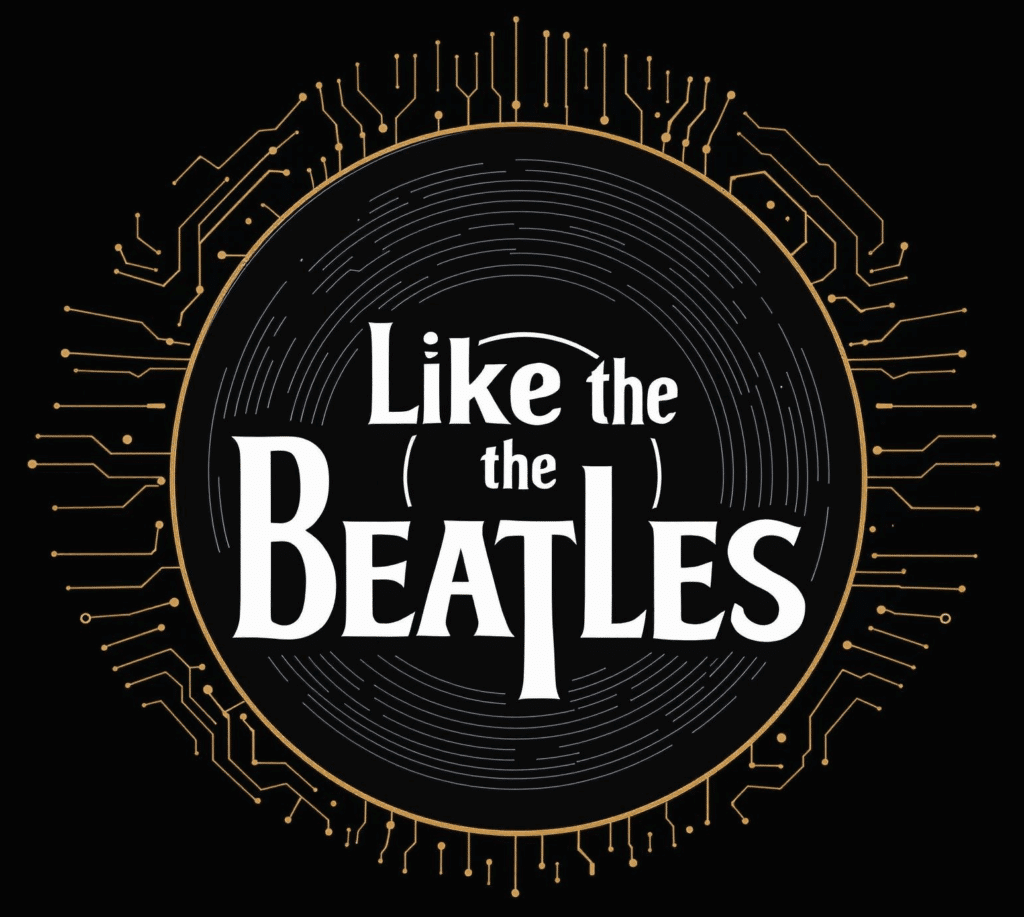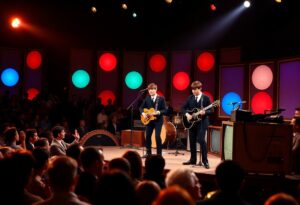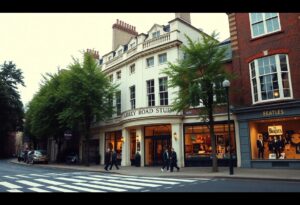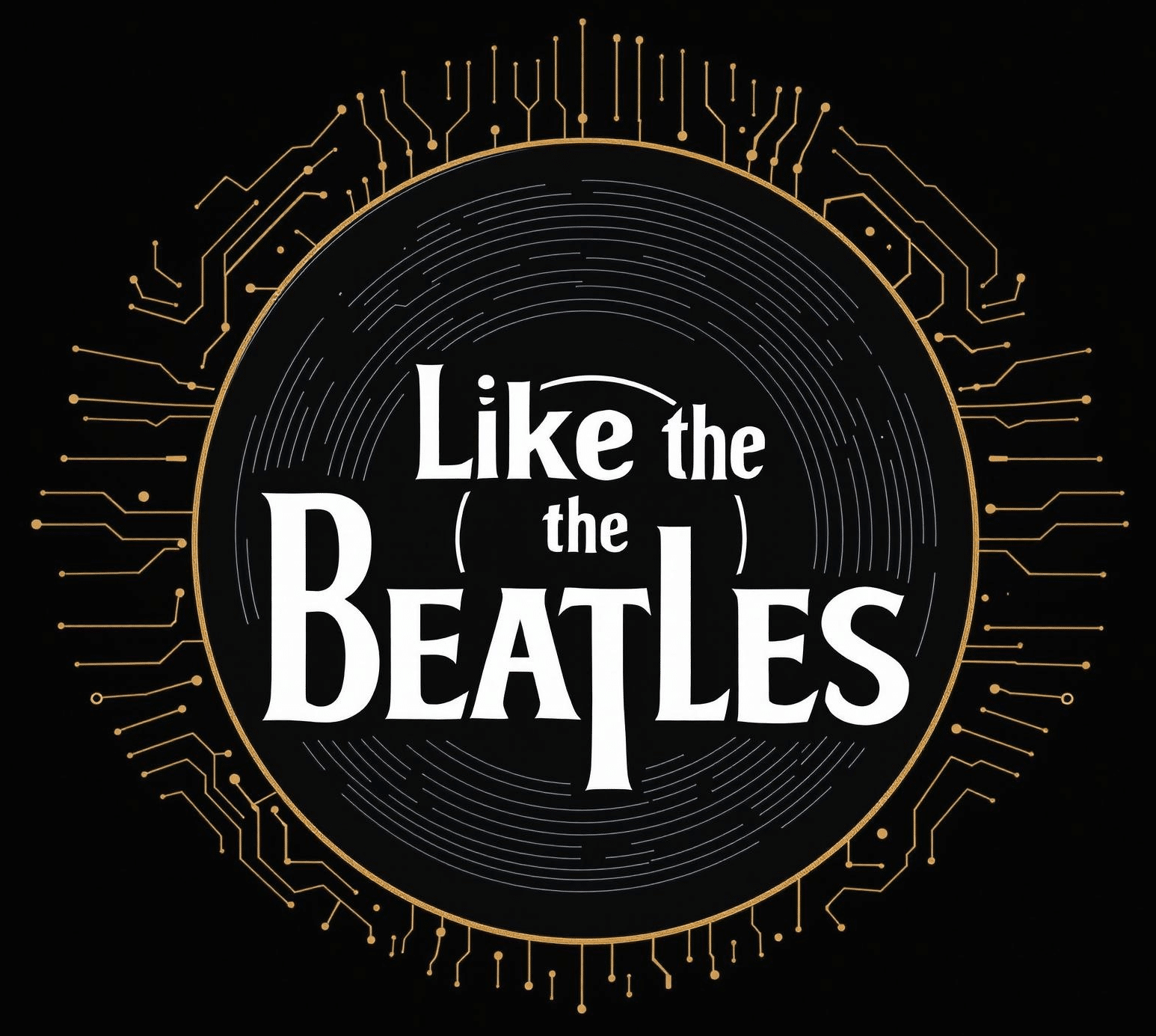Evolution is a fascinating journey for any band, and The Beatles are no exception. As I look back from their early days in Hamburg to achieving iconic status, I find it necessary to understand the key influences and transformations they underwent. Their time in Hamburg saw them develop their raw talent, hone their sound, and forge their identity. I invite you to explore how their experiences shaped their music, leading to the groundbreaking albums and timeless hits that have left an indelible mark on popular culture.
Early Years in Hamburg
While the Beatles’ trajectory to becoming global icons is well-documented, their formative years in Hamburg were pivotal. This bustling German city played a significant role in shaping not just their sound, but also their stage presence. During grueling gigs at venues like the Star-Club, the band honed their musical skills and learned the importance of captivating an audience, which would later define their career.
Formation of the Band
At the heart of the Beatles’ origins was a diverse group of musicians, initially led by John Lennon and later joined by Paul McCartney and George Harrison. Their early lineup featured varying combinations, including the addition of drummer Pete Best before Ringo Starr solidified the classic Beatle configuration, creating a rich tapestry of talent and creativity.
Influences and Musical Style
Around their early performances, the Beatles were deeply influenced by a variety of musical genres, from rock and roll to skiffle and pop. This mix led them to experiment with unique sounds and arrangements that were reflective of their environment, contributing to their distinctive style.
Influences from American rock and roll legends like Elvis Presley and Chuck Berry were evident, as the Beatles sought to fuse these elements with their own experiences. The vibrant atmosphere of Hamburg injected a sense of urgency into their performances, prompting them to develop a more energetic and dynamic stage presence. Incorporating skiffle rhythms and pop melodies, they created a sound that was reflective of the diverse influences surrounding them. This combination not only captivated audiences but also laid the groundwork for their future innovation in popular music.
Rise to Fame
Some may argue that The Beatles’ rise to fame was a combination of talent, timing, and cultural readiness. Starting from their humble beginnings in Liverpool and Hamburg, they captured hearts with their infectious melodies and energetic performances. Their journey transformed the music scene, making them not just a band, but a global phenomenon that would influence generations to come.
Breakthrough in the UK
Against a backdrop of changing social norms and the burgeoning youth culture of the early 1960s, The Beatles managed to capture the UK audience’s imagination with their unique sound and charisma. Their early hits like “Love Me Do” and “Please Please Me” showcased their groundbreaking blend of rock and pop, establishing them as the new voice of a generation.
The Ed Sullivan Show Impact
Show business was forever altered when The Beatles made their American television debut on The Ed Sullivan Show in February 1964. Millions of viewers tuned in, captivated by their energy, style, and charm. I find it remarkable how this single performance not only marked a significant turning point for the band but also ignited the *British Invasion*, profoundly influencing American pop culture.
Even those who weren’t fans were drawn into the frenzy; the performance attracted an audience of over 73 million people, accounting for nearly 34% of the U.S. population at the time. The Beatles became household names overnight, with *merchandising, fan clubs,* and *Beatlemania* surging in popularity. Their appearance on the show was a *defining moment*, symbolizing their *crossover appeal* and setting the stage for their global influence, which would continue to grow in the following years.
Creative Evolution
To fully grasp the Beatles’ transformation, we must explore their creative evolution. This journey marks a significant departure from their early performances in Hamburg to their arrival as a cultural phenomenon. I’ll examine into how they pushed musical boundaries and embraced innovation, allowing their art to reflect the shifting landscape of the 1960s.
Transition to Studio Albums
After gaining immense popularity, the Beatles shifted from touring to focusing on creating studio albums. This evolution allowed them to experiment with complex song structures and recording techniques, paving the way for iconic works like “Rubber Soul” and “Revolver.” You’ll see how this marked a significant turning point in their artistic journey.
Experimentation in Sound and Style
Style became paramount as the Beatles began to break away from their earlier pop sound. I found that they integrated diverse musical influences, including folk, classical, and Indian music, which showcased their adaptability. This progressive approach not only broadened their appeal but also allowed for a more profound connection with their audience.
Transitioning into a phase of experimentation, the Beatles embraced new sonic elements, utilizing techniques such as multi-track recording and sound manipulation. From the innovative use of the sitars in “Within You Without You” to the psychedelic nuances of “Sgt. Pepper’s Lonely Hearts Club Band,” their work reflected a willingness to take creative risks. This not only pushed the boundaries of popular music but also solidified their status as trailblazers in the industry. You can see how their constant evolution influenced countless artists and shaped the music landscape for generations to come.
Cultural Impact
All aspects of society, from music to politics, were profoundly influenced by The Beatles. Their innovative sound and groundbreaking approach to songwriting redefined popular music, challenging norms and paving the way for subsequent generations. More than just a band, they became cultural icons, embodying the spirit of the 1960s and reflecting the voices of a generation yearning for change.
The Beatles and the Counterculture Movement
About their involvement in the counterculture movement, The Beatles were more than just musicians; they were instrumental in promoting ideals of peace, love, and social change. Their lyrics and public persona resonated deeply with youth aspirations, encouraging a collective identity that sought to challenge existing societal norms and foster a new era of consciousness.
Fashion and Lifestyle Influence
Cultural shifts accompanied The Beatles’ rise, impacting fashion and lifestyle trends significantly. Their evolving style—from sharp suits to psychedelic outfits—spurred myriad fashion movements and influenced a generation’s aesthetic choices.
Plus, The Beatles’ impact on fashion and lifestyle extended far beyond their music. As they transitioned from clean-cut suits to bold, colorful clothing and long hair, they challenged conventional standards and encouraged youth to express themselves through unique styles. This revolution in fashion not only reflected the freedom of the 1960s but also contributed to the growing acceptance of individuality and self-expression in society. Their influence remains evident today, inspiring countless artists and fashionistas alike to embrace creativity and push boundaries.
Later Years and Changes
For many fans, the later years of The Beatles showcased an era of profound evolution. As they navigated through personal growth, shifting musical styles, and individual interests, I witnessed a transformation in their sound and image. The once tightly-knit group began to pursue disparate paths, reflecting their changing dynamics and the onset of their iconic yet tumultuous status.
The White Album and Beyond
Before its release in 1968, “The White Album” signified a departure from The Beatles’ earlier, more cohesive sound. I find it fascinating how the album’s eclectic mix of genres revealed each band member’s distinct personality, while the raw and experimental nature of the tracks hinted at the tensions within the group.
Individual Projects
Beside The Beatles’ collaborative work, each member commenceed on remarkable solo projects that highlighted their artistic individuality. This shift not only showcased their unique talents, but it also emphasized the growing need for personal expression amid the band’s increasing differences.
The individual projects of The Beatles profoundly affected both their music and legacy. I saw how John Lennon‘s powerful political messages in “Imagine” and Paul McCartney‘s melodic simplicity in “Maybe I’m Amazed” created iconic moments that resonated beyond their time. George Harrison explored spirituality in “All Things Must Pass,” while Ringo Starr found his voice with a more playful tone. The array of styles and themes in these solo ventures not only enriched my understanding of each Beatle as an artist but also allowed them to pursue their dreams, often exacerbating their differences while simultaneously captivating fans worldwide.
Legacy of The Beatles
Not only did The Beatles revolutionize music, but their influence also permeates various aspects of culture and society. Even decades after their disbandment, their innovative spirit and timeless melodies continue to inspire countless artists and reshape musical norms. From their inventive songwriting to their unique approach to recording, The Beatles left an indelible mark that perpetuates through generations.
Lasting Influence on Music
The impact of The Beatles on music cannot be overstated. They pushed boundaries, experimenting with different genres and production techniques, giving rise to new sounds that are now commonplace. Their ability to blend rock, pop, and even classical elements paved the way for numerous artists who followed in their footsteps. I believe that their legacy is felt in nearly every genre today.
Iconic Status in Pop Culture
Before exploring into the music itself, it’s vital to recognize The Beatles’ profound cultural influence. They transformed not just the music scene but also the very fabric of society and lifestyles during the 1960s and beyond.
At the heart of their iconic status in pop culture lies their unmatched ability to connect with audiences. From the vibrant and rebellious energy of the 1960s to their enduring appeal in today’s world, The Beatles symbolize an era of change and freedom. Their distinctive fashion, such as the iconic suits and hairstyles, and their trailblazing speeches during interviews and concerts have left a lasting imprint on how music and celebrity interact. The Beatles’ legacy is not just in their songs but also in how they challenged societal norms, paving the way for future generations of artists to express their individuality and challenge conventions. Their essence can be seen in popular media, merchandise, and even in modern musical festivals that pay homage to their greatness.
To wrap up
The journey of The Beatles from their early days in Hamburg to their rise as iconic figures in music history is a fascinating evolution that showcases their remarkable talent and adaptability. As I explored their development, I realized the importance of understanding their influences, experimentation with different styles, and the cultural impact they had on generations. By examining this transformation, you can gain a deeper appreciation for their work and its significance in the broader context of popular music.










